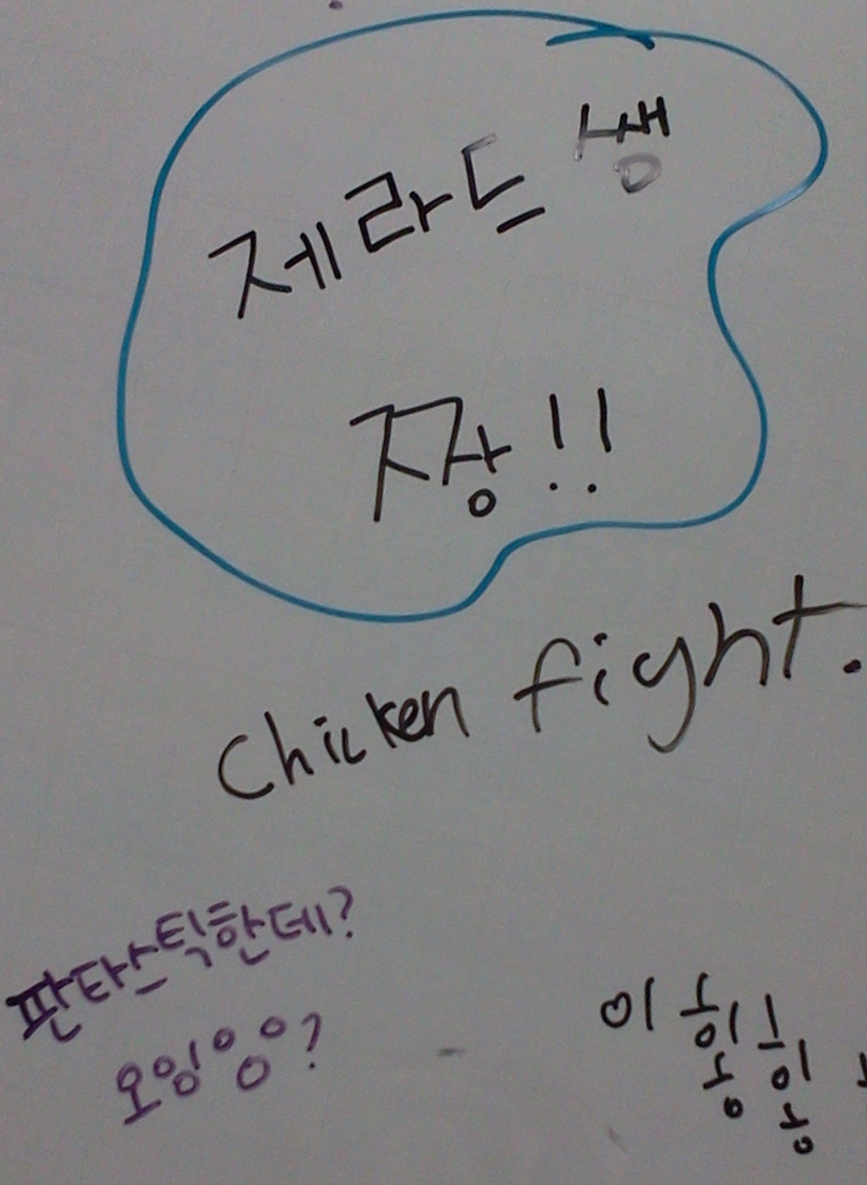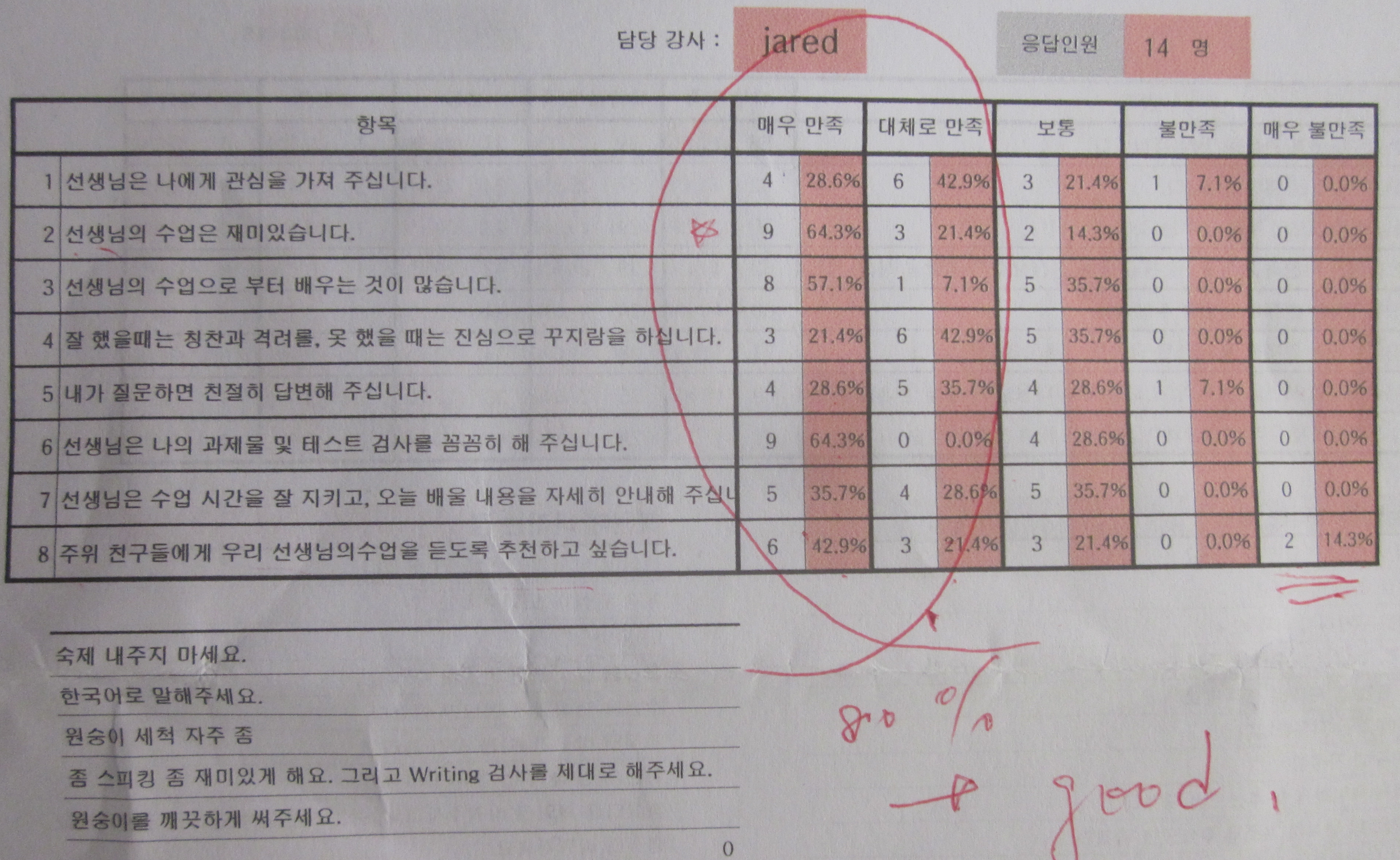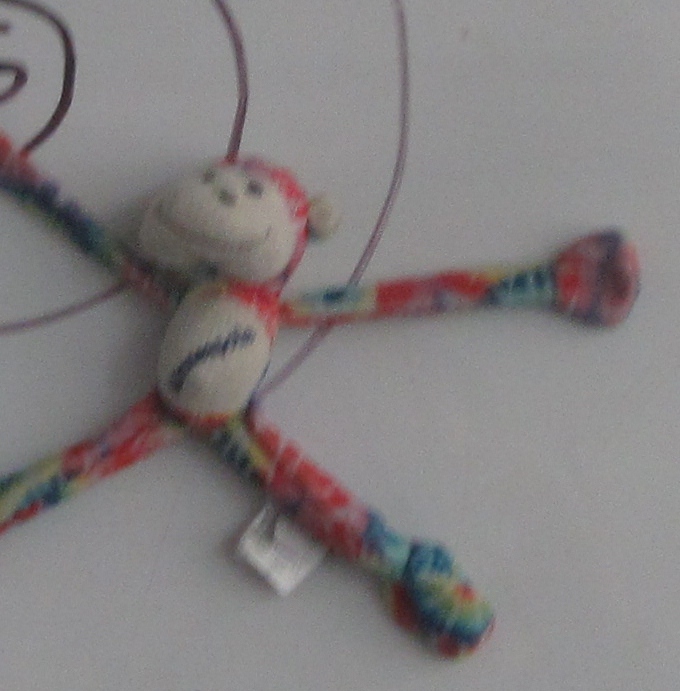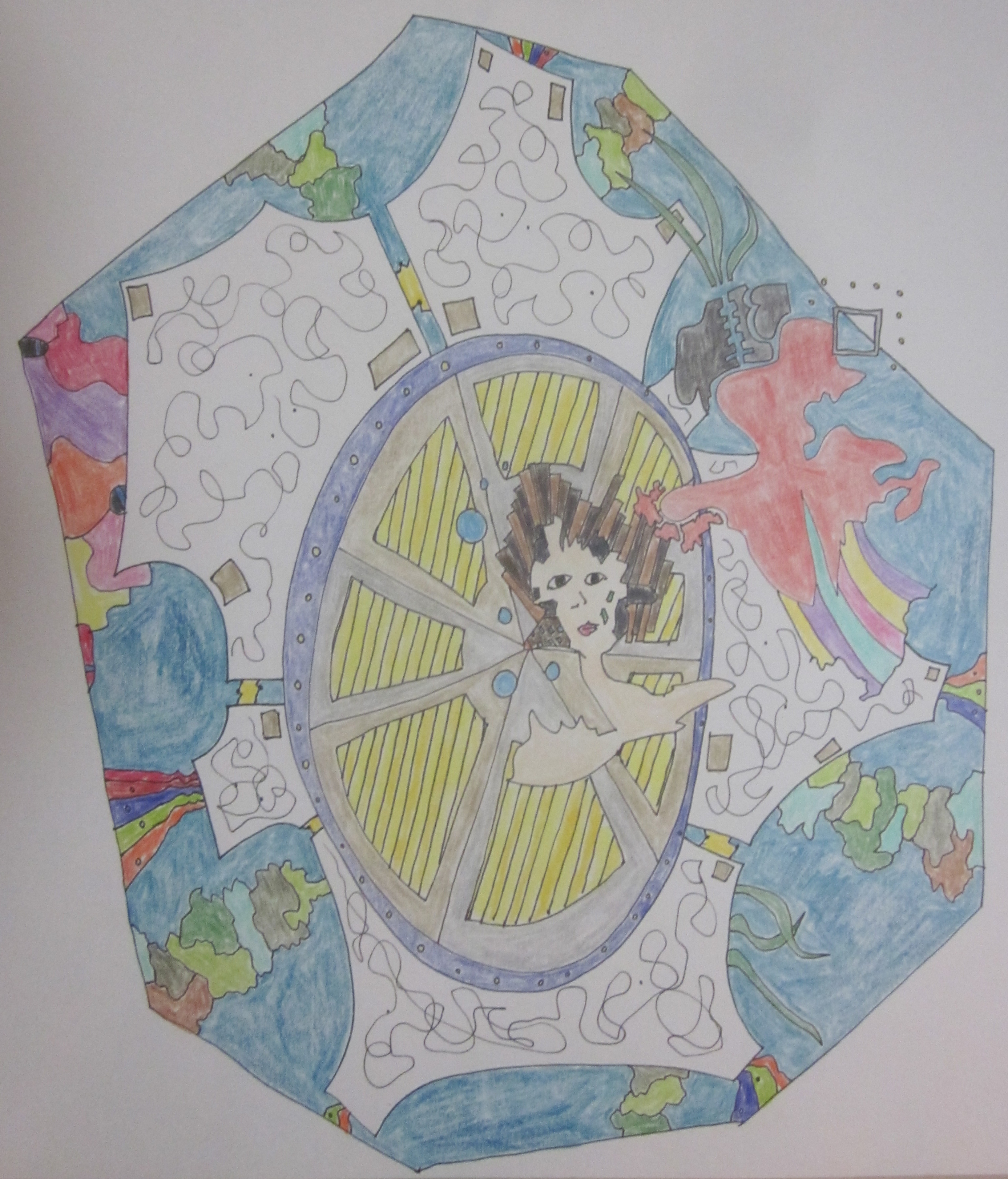
 Below
Below
is a longer poem than I generally put in my blog. But it's in a
slightly different category, too. I was unable to find this poem online.
I can't even find the author online. But I met the actual author, David
Brennan, in Boston in the Summer of 1982. I have a signed copy of this
poem, published by Illeagle Press of Cambridge in 1981 as tiny 14 page
pamphlet with staple binding but high quality paper. Above is an image
of the cover, and at right are images of his autograph on the title page
and the edition page with facing first page.
I
have a vague recollection of spending an evening talking and carousing
with this author, whom I met through a close friend of mine from that
epoch, Quinn-of-Redbank (Stephen from New Jersey) who later disappeared
off the face of the earth after having lived furiously for some period
of time. Stephen was a companion of mine in my creative writing class at
the Harvard Summer School I attended that year.
<digression>Incidentally, for the curious, my conclusion was:
Harvard was fun but way overrated, academically. Note that although
accepted, I did not attend Harvard. My Korean acquaintances find this
fact to be the absolutely most scandalous thing in my entire life
history. This is why my Korean friends don't understand
me.</digression>
 It
It
was at about the same time that I first read this poem, between my
junior and senior years in high school, that I decided I was a poet.
Erhm… "Poet."
Thirty
years later, I still believe that I'm a poet, although I've downgraded
my quality-of-poet substantially. I do what I do. I am what I am. I
write poetry. Sometimes. Occasionally. How about once-a-month?
On the edition page of this booklet is provided a translation of the cover:
Seals:
W A Y
Like leisurely clouds
and wild cranes
my home can be anywhere
in the universe
Calligraphy by Bob Kopacz.
Typesetting by Rick Schwartz.
The
cover is supposedly the Chinese character "dao" (道, which in Korean is
read 도 [do]) but if that is so, I have some scepticism as to the reading
(from my current cultural perspective), as the calligraphy distorts the
logograph to unrecognizability – not that that's an impossibility, as
different calligraphic styles tend to do weird things. I will continue
to believe that the main glyph on the cover means "dao" (Way) unless I
can find evidence to the contrary. The reason is that it is my name. I mean, at that time, I read it as such. My family name is, after all, Way. The booklet seemed to be addressed to me. Perhaps this had more to do with cannabis than semantics? It was a strange summer.
Since
I was unable to find this poem online, and since it meant so much to me
at one point in my life, I have decided that I will transcribe it here.
I hope that if the author (or his inheritor) runs across it, he will
allow me this luxury to reproduce the poem. As stated in other places, I
will always respect a take-down notice in This Here Blog Thingy™ –
although to date, I have never received one.
Here is David Brennan's poem.
Translations of the Fall
being an experiment in translation across the centuries
and sensibilities (or, a severe mauling, if you prefer)
based on a poem cycle by the Chinese poet Han Yu.
1.
Out this window the iron balcony
holds plants dying in greyed wooden boxes
Clotheslines dance, gulls gyre
Night soundless on the old bricks
The lamp lights my tangled bed
where rhymes of sleep lap my ear
a lake of undone poems shored
by breaths of sex and childhood
I struggle up
in the dawn's oily light
and look at my face
(different each time)
The day begins, ticks on like a clock
I sit at my table – my kingdom, my ocean
with a pen
daylight roaring over me
2.
Dew on the geometry of rooftops
Sea-clouds tasting high glass buildings
The maples burst, leaves blood lanes
hedges become skeletons, a fly narcotized
by the cold drums the drunken window
I am watching from my rooftop
The world, unstopping, turns
Each of us, unique in kind
plows some round, bears some music
3.
Men's designs move in jerky flights
My interests turn to other times
Unhappy vets talk of lost wars in lost nights
but I've even given up wine
I go about, with my laziness and freedom
walking roads nobody wants
The lanes that leave my gate
bare star-trails seen by few
Home again I swim the texts
words oceanlike and limitless
Who rows these ancient waters but me
Dark ships, drowned suns, the recurrent mysteries
4.
Now the adrenalin fall moves me
What excitement in this blood melancholy
Still I'm vainly unprepared
no scarf and only one glove
Here the flaring of the season's bones
burns the marrow of August
At dawn I close my books and walk
streets between glass and brick
down to the harbor after a night's rain
Grey battleships on a grey harbor
Dragons soaked in grey sleep
5.
In the insect world November's a scourge
For us it invigorates
Yet insect guilt does not die, things
undone and the old sorrows stay
common and pointed as pines
Keep to the kitchen, dream by the hearth
drawn inward by the fire
What happened to the tranquil path?
My fevered connection
to ancients, friends, and poets still at work
has to suit me. I'm working
within a new silence, it is my
hidden retreat
6.
Difficult to get out of bed
Worries bite like fleas, hidden and bloodfed
Noon turns to afternoon
My heart is lost in some other age
or far within some maze of habit
Past loves jab like pricks, a thousand
ideas dagger round me like smashed glass
Fruitless these spinning words
Senseless turnings, impossible rounds
7.
The talons of November
claw through my coat, cold
through to the innards, new season's bloodprints
Damned early falcon of winter
I can barely keep up with my life
drowning in wreckage, wrecked and drowning
Take the flute, finger the keys
play the mood that strikes, strike
the mood as you play, bring some lyric
to this mess, draw the June voice
out of the locked frost
8.
In a battered book of photographs
I discovered a shot of Thelonius Monk
hat on, head back, puffing a halo of smoke
Eyes shut in an ecstasy serene
that magician of notes lights
the film with a shamanic sheen
a brilliance, a stillpoint, the
bloom of the being authentic
And there it all was: brought me
to tears in the dull basement
of that bookstore, illumination
from the cellar of living
And there it all was: life's
passion for life leaping mind to mind
9.
Words, pizza, cigarettes shared
The common din is a tonic
Ideas crackle electric, star-edged
Then guests go and night
wraps me in fulness and loss
The cold sculpts mee
Far within a cave in secret chambers
bison dance on the deep rock
while initiates carry song and flame
Ten thousand years swallowed in a ceremony
Ceremonies of self:
the birth
and the burial
and the birth again
10.
The white rose after
the first frost. A beauty so late, yet stern
with browning petals: a shock
a lament, a triumphing sign
One glyph of whiteness
dies, another comes
Snow and the western wind
offer their extinctions, their beginnings






